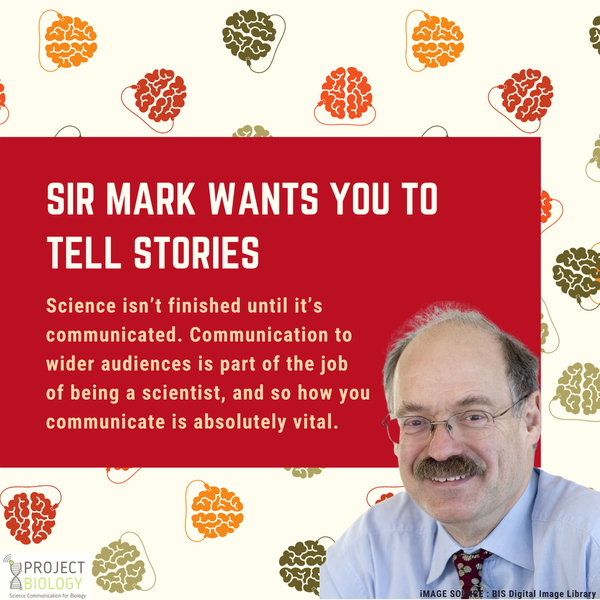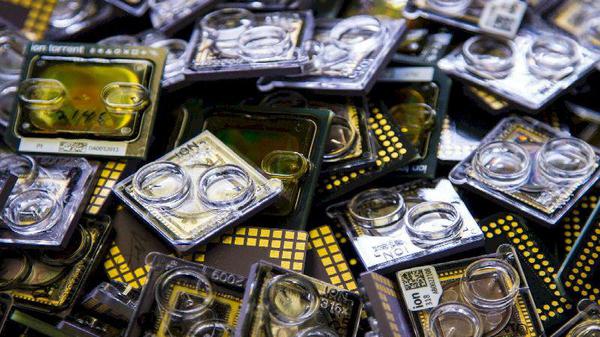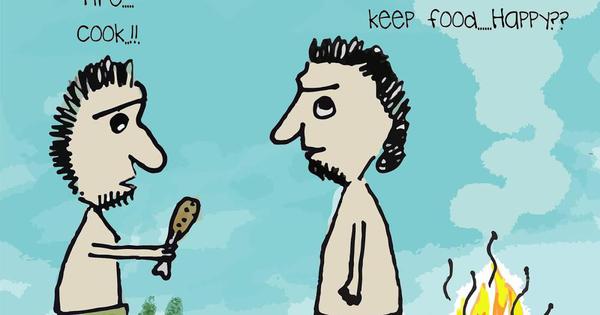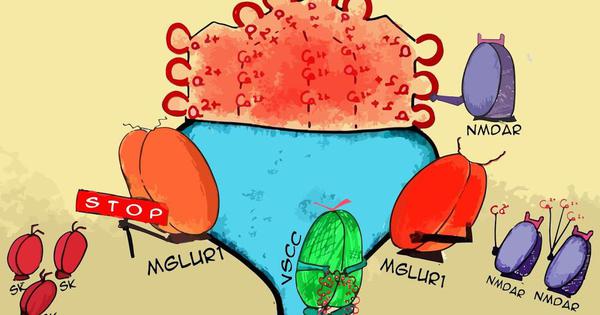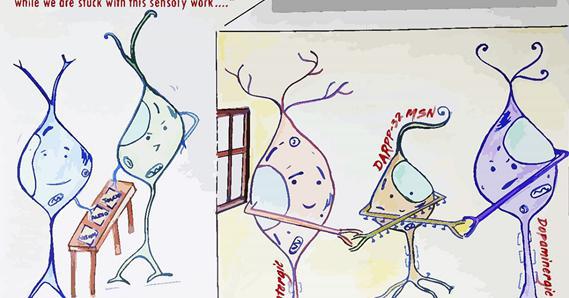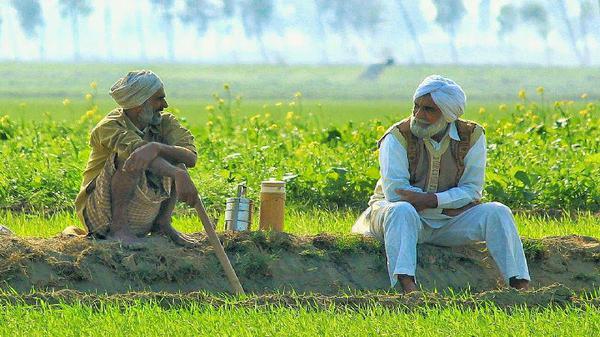Research Matters
•
20th November 2020
Halting the growth of harmful bacteria through specially-designed sugars
Since the discovery of penicillin in 1928, antibiotics have been used to subdue bacterial infections. However, the rampant use of antibiotics has made some species of bacteria immune to their effects. Novel antibiotic strategies are needed to fight the increasing number of antibiotic-resistant bacteria. In a recent study, researchers from the Indian Institute of Technology Bombay (IIT Bombay) and Bowdoin College, Maine, USA, present a new method to target disease-causing bacteria by introducing
